
Trump’s Likely Nat Security Advisor Elbridge Colby’s Strategy U.S.-China Relations
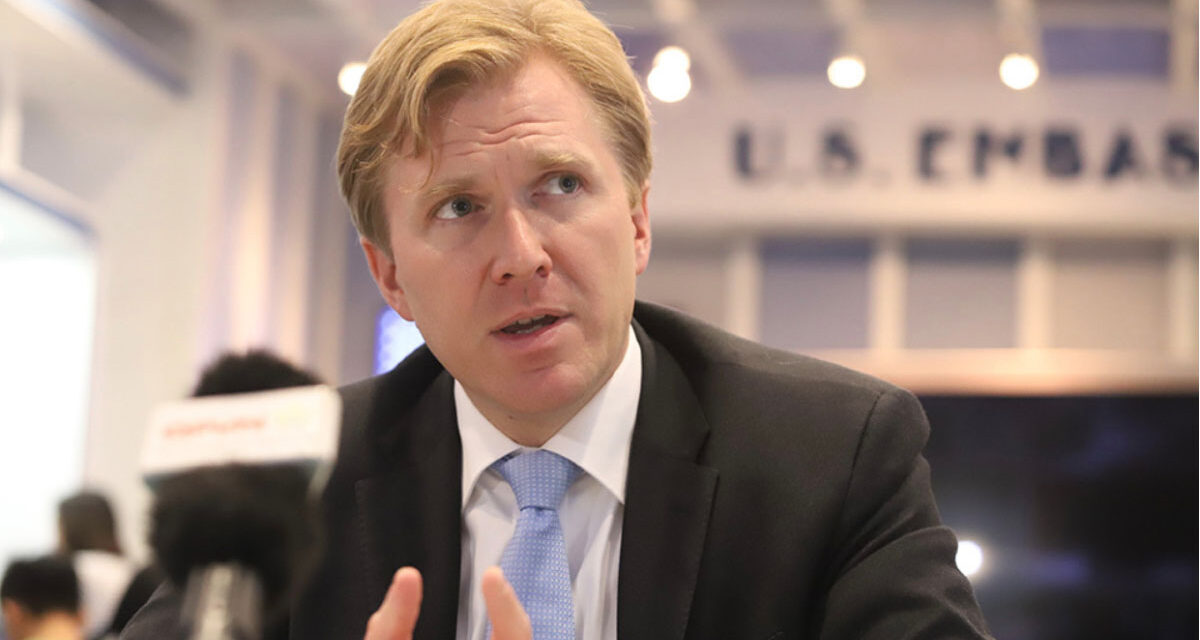
As global power dynamics shift, Elbridge Colby, a prominent American strategist, has been advocating for a clear and focused approach to handling relations with China. Widely considered a top candidate for the position of National Security Adviser should Donald Trump secure a second term, Colby’s views have been shaped by a decade-long concern over the potential for Chinese dominance in Asia. He firmly believes that the United States cannot afford to allow China to become the hegemonic power in this crucial region.
Colby’s core argument revolves around the idea that Asia, particularly the Western Pacific, should be the primary focus of U.S. strategic efforts. He asserts that Europe should take more responsibility for its own defense, particularly in countering the threat from Russia. “The UK is rightly worked up about Russia,” Colby notes, suggesting that European nations focus on their backyard challenges. This perspective contrasts sharply with those who believe in a more global U.S. military presence, encompassing commitments in Europe and the Middle East. Colby argues that such an approach stretches U.S. resources too thin and distracts from the more pressing challenge posed by China.
Central to Colby’s strategic vision is what he describes as a “strategy of denial.” This strategy is not about engaging in widespread military conflicts but rather about preventing China from achieving a dominant position in Asia. Colby draws a historical parallel with the Battle of Britain during World War II, emphasizing that just as Britain sought to prevent a German invasion, the U.S. should focus on preventing China from asserting control over key territories in Asia. “If China’s gonna take Taiwan and break up our anti-hegemonic coalition, they’ll be able to rinse and repeat after Taiwan,” Colby warns. This scenario, he believes, would not necessarily lead to territorial expansion but would significantly weaken the U.S.-led coalition in the region.
Colby emphasizes the importance of U.S. allies in Asia, particularly Japan and Taiwan, in implementing this strategy of denial. He argues that these nations must strengthen their own military capabilities to create a more robust deterrent against Chinese aggression. This approach also extends to India, which Colby sees as a vital partner in a pragmatic U.S. foreign policy framework. He envisions a stronger U.S.-India relationship based on shared strategic interests and mutual responsibilities. “I think the future of the U.S.-India relationship should be very bright,” Colby states, highlighting the importance of working with countries that are “self-reliant, tough, strong, willing to take responsibility.”
However, Colby’s views have sparked considerable debate. Critics argue that he underestimates the importance of Europe and the risks associated with a two-front conflict involving Russia and China. Some also believe he is overly optimistic about America’s ability to manage such a focused strategy without neglecting other critical regions. Nonetheless, Colby maintains that the U.S. must prioritize its resources and strategic focus, especially given the current state of its military capabilities. He points out that the American armed forces face significant challenges, including maintenance backlogs and recruitment issues, which limit the country’s ability to engage in multiple simultaneous conflicts.
Despite the controversy surrounding his views, Colby remains steadfast in his belief that a recalibrated U.S. foreign policy is necessary. He advocates for a “realistic reading of the world,” one that recognizes the limits of American power and seeks to maintain peace through strength. This perspective involves acknowledging that while the U.S. should prevent Chinese dominance, it should not seek to provoke or humiliate Beijing. “I am signaling to China that we are status quo,” Colby explains, emphasizing that his strategy is not about suppressing China but about maintaining a balance of power that allows for peaceful coexistence.
Colby’s vision also includes a call for renewed focus on America’s industrial base and military capabilities. He argues that reindustrialization could unite various political factions across the spectrum, as it would appeal to both hawks, who want to build weapons, and those on the left, who seek to create blue-collar jobs with dignity. This approach, Colby believes, could foster a new political center, one that transcends traditional partisan divides.
As the world watches the potential for a second Trump administration, Elbridge Colby’s strategic vision offers a compelling and pragmatic blueprint for U.S. foreign policy. Whether this approach will be fully embraced remains to be seen, but it undeniably adds a significant voice to the ongoing debate about America’s role in the 21st century. Colby’s ideas challenge the status quo and invite a rethinking of how the U.S. engages with a rapidly changing world, particularly in its relationship with China and the broader Asia-Pacific region.






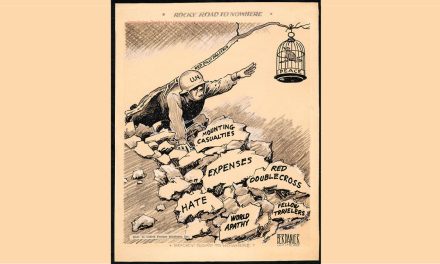
















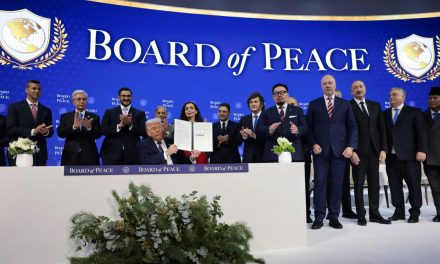
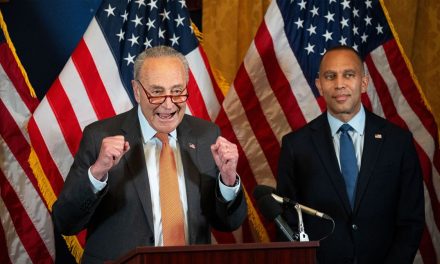




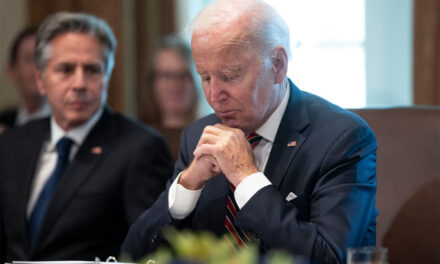
No doubt that Elbridge is a smart, uber-educated, scion of Asian matters. He is also a hawk on China amping up the strategy his grandfather, Willian Coby instituted that failed miserably in Vietnam but became the model for many a foreign affair since the 70’s. Yes, foreign policy can be a family affair even skipping generations :>) His father was a chemistry professor at Columbia who died young and left the family in tough financial times. Kudos to Elbridge, named for his great grandfather, for weathering that storm and getting a fantastic education at Harvard and Yale.
William Colby is the architect of the “hearts and minds” strategy which the US has “deployed” everywhere from Iraq to Afghanistan. IMO, a good idea but as Vietnam showed, really hard to do. Especially if the natives hate you and your government.
DO states: “He firmly believes that the United States cannot afford to allow China to become the hegemonic power in this crucial region.” I am not sure that’s the case, but if it is, he is suggesting we deny the country that has most of the Asian resources, naturally, and 30% of the population from being a leading regional and world power. Good luck. Adam Smith would say you’re a fool.
According to Oliver, he suggests we divert resources from Europe, letting them fend for themselves, and prioritize resources to curtailing China’s activities in the Pacific. You can see the Trumpian desire here to leave Europe to fend off Putin themselves by taunting us with China fears. It also forwards Colby’s various think-tank endeavors all focused on China. IOW — the real beneficiary of Colby’s strategy is Putin. And Putin has shown it’s hand, China is bidding, but breasting it’s cards in terms of actions.
IMO — this is a dangerous policy to leave Europe in a lurch. While we cannot allow China land grabs or worse — taking over Taiwan, anything in “the first island chain,” we don’t want to dump on Europe to do so. Also, we need Japan, South Korea, Taiwan, and others to step up and do their part. But if Colby thinks he will stop China from being a major Asian economic and military power, he is deluded no matter what strategy he deploys.
IMO, there’s a place for Colby at the National Defense Strategy level, but we would be foolish to give him the keys to our entire strategy if he desires to turn our focus away from Europe in favor of fighting a war that has not started yet.